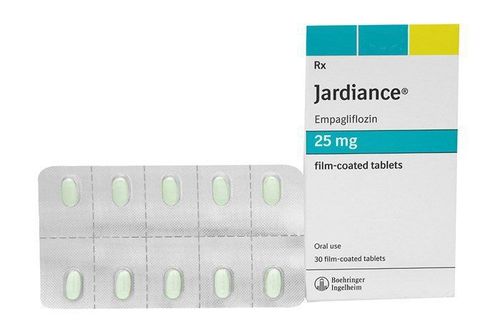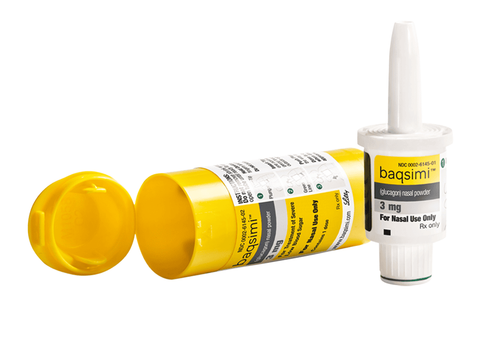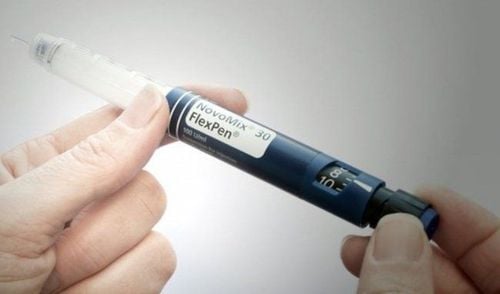This is an automatically translated article.
The article is professionally consulted by Master, Doctor Le Thi Minh Huong - Emergency Medicine Doctor - Department of Resuscitation - Emergency - Vinmec Nha Trang International General Hospital.Glucose plays a very important role in health because it is an important source of energy for cells to function. So how much sugar in the blood is too much? And why is high blood glucose bad for the body?
1. What is normal blood sugar?
A normal person with normal blood sugar (blood sugar) or normal glucose (English name is blood glucose) will be below 100 mg/dL after fasting for at least 8 hours and less than 140 mg/dL for 2 hours after eating.During the day, blood sugar tends to gradually lower and reach its lowest level right before a meal. For most people without diabetes, pre-meal blood sugar ranges between 70 and 80 mg/dL, or for some people 60 mg/dL is normal and for others 90 mg/dL.
Low blood sugar levels vary from person to person. Many people will never drop below 60 mg/dL glucose, even with prolonged fasting. When fasting or fasting, the liver keeps blood sugar levels stable and normal by converting fat and muscle into sugar.
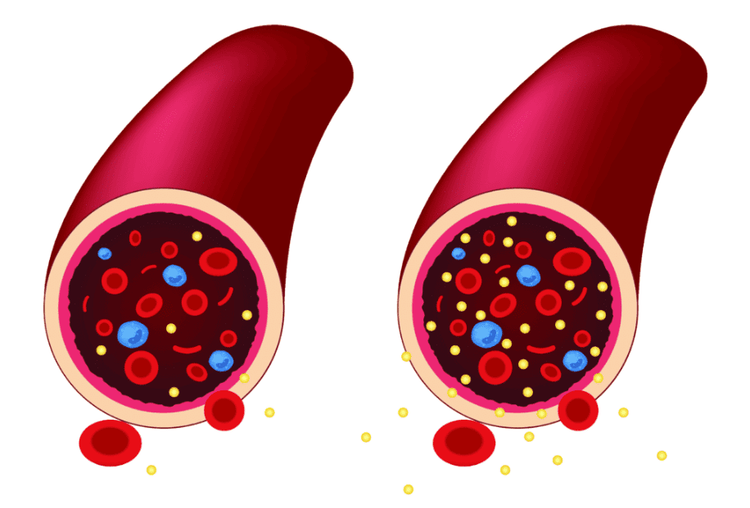
Đường máu quá cao gây bệnh tăng đường huyết
2. Blood sugar test
Doctors use blood sugar tests to see if you have diabetes. Your doctor will suspect you have diabetes if:The fasting plasma glucose test (FPG). Your doctor checks your blood sugar after you have fasted for about 8 hours and the result is higher than 126 mg/dL. Oral glucose tolerance test. After fasting for 8 hours, you will get a sugary drink and after 2 hours will test your blood sugar again. Your doctor will suspect you have diabetes if the result is higher than 200 mg/dL. Random check-ups during routine physical exams or for other medical reasons. Your doctor checks your blood sugar and the results show it is higher than 200 mg/dL, plus you have additional symptoms such as increased urination, increased thirst, and significant weight gain or loss. If you have these symptoms, your doctor will perform a fasting glucose test or an oral glucose tolerance test to confirm the diagnosis. Any blood sugar level that is higher than normal can be a sign of a medical condition. Blood glucose levels that are higher than normal, but not reach the level of diabetes, are called prediabetes.
According to the American Diabetes Association, approximately 86 million people in the United States have prediabetes, a condition that can lead to diabetes if you don't make healthy lifestyle changes. In addition, prediabetes also increases the risk of heart disease, although not as high as diabetes. You can control prediabetes and avoid diabetes with diet and exercise.
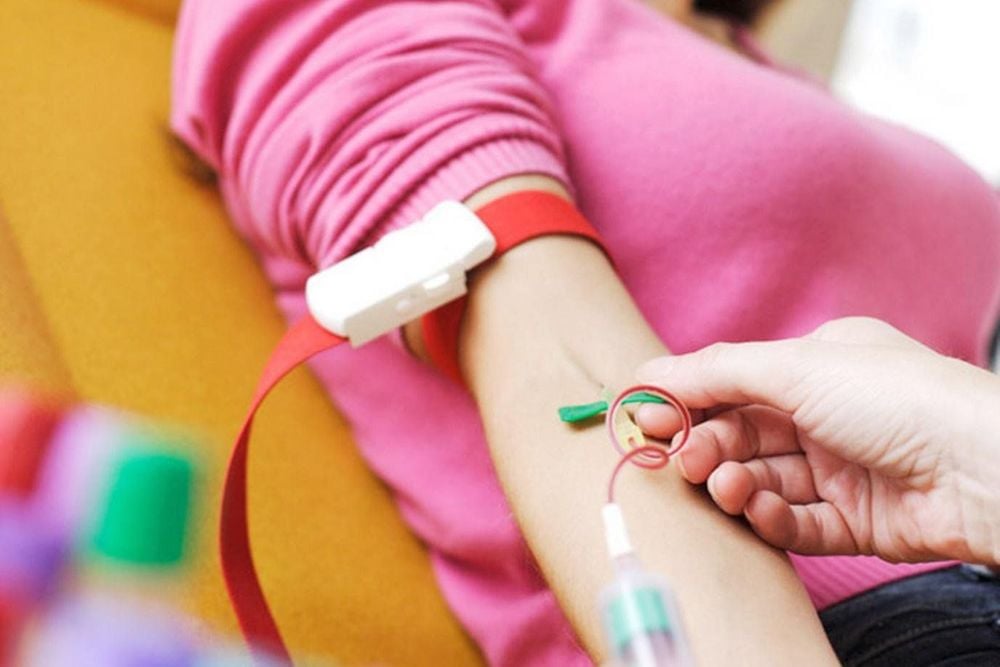
Xét nghiệm dung nạp đường huyết
3. Why is high blood sugar harmful to the body?
Glucose is an important fuel for all cells in the body, but only when sugar is in the normal range. But blood sugar can act as a slow-acting poison.High sugar levels affect cells in the pancreas leading to a gradual decrease in the ability to make insulin. Initially, the pancreas will try to produce insulin to compensate. But if the condition persists, the pancreas cannot produce enough insulin to help the body keep blood sugar levels normal.
High blood sugar levels can cause changes like hardening of the blood vessels aka atherosclerosis. Almost any part of the body can be damaged by high blood sugar. Damaged blood vessels can cause problems such as:
Diabetic kidney disease or end-stage renal failure leading to dialysis, stroke, heart attack, loss of vision or blindness. increased risk of infection Erectile dysfunction Nerve damage, also known as peripheral neuritis, causing tingling, pain, or decreased sensation in the feet, legs, and hands Blood flow to the legs and Decreased feet Slows wound healing and increases the likelihood of amputation

Đường huyết cao có thể gây ra các cơn đau tim
Vinmec International General Hospital is implementing a Cardiovascular and Diabetes Screening Package under the implementation of a team of highly specialized, experienced doctors and the support of modern technological equipment, which will help provide the most accurate diabetes test results, thereby recommending an appropriate treatment regimen.
MSc. Le Thi Minh Huong has more than 06 years of experience in examining and treating medical, emergency and emergency resuscitation diseases. In addition, there is the ability to perform catheterization techniques, artificial kidney in patients with end-stage chronic kidney disease, continuous dialysis, plasma exchange.
Customers can directly go to Vinmec Health system nationwide to visit or contact the hotline here for support.
Articles refer to the source: webmd.com
SEE MORE:
Package for diabetes screening, dyslipidemia How to know if I should get tested for diabetes? Distinguish type 1 and type 2 diabetes in detail according to the guidelines of the Ministry of Health






